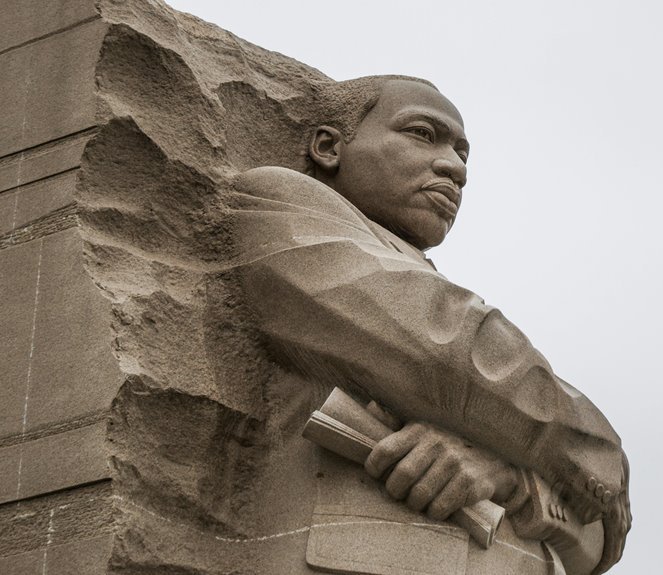
Ghenghis Khan Height : The Legacy of the Mongol Leader’s Physical Stature
The height of Genghis Khan remains an enigma, shrouded in both historical ambiguity and cultural myth. This ambiguity raises questions about how physical stature may have influenced his leadership and the perception of authority within the Mongol Empire. Exaggerations surrounding his height reflect broader societal values of strength and dominance. Understanding these dynamics reveals deeper insights into the lasting impact of Genghis Khan's legacy on contemporary leadership ideals. What remains to be explored is the interplay between stature and power.
The Historical Context of Genghis Khan's Height
Although specific measurements of Genghis Khan's height remain uncertain due to the lack of contemporary records, understanding the historical context surrounding his stature provides insight into the perceptions of leadership and power in the 13th century.
In the Mongol Empire, physical presence was often linked to authority, shaping how leaders were viewed and their effectiveness in unifying diverse peoples under a vast empire.
Physical Stature and Leadership Presence
While the exact height of Genghis Khan is unknown, his physical stature likely played a significant role in shaping perceptions of his leadership.
A commanding physical presence often enhances a leader's authority, influencing followers' loyalty.
Genghis Khan's leadership style, characterized by decisiveness and charisma, may have been complemented by his stature, reinforcing his ability to inspire and unite diverse groups under his command.
Height in the Myths and Legends of Genghis Khan
Height has often been exaggerated in the myths and legends surrounding Genghis Khan, reflecting the cultural values and ideals of strength and power in Mongolian society.
These mythical measurements contribute to his legendary stature, portraying him as a larger-than-life figure. Such narratives serve not only to inspire awe but also to reinforce societal ideals, blending history with the imagination to create a formidable legacy.
The Impact of Genghis Khan's Legacy on Modern Perceptions of Leadership
Genghis Khan's legacy profoundly influences modern perceptions of leadership, as his strategies and principles resonate with contemporary ideals of authority and governance.
His remarkable leadership traits, including adaptability, strategic foresight, and unyielding determination, serve as benchmarks for modern leaders.
Conclusion
In examining Genghis Khan's height and its implications, one uncovers a complex interplay between physical stature and leadership perception. While precise measurements remain elusive, the myths that surround his dimensions underscore a deeper cultural reverence for strength and authority. As the echoes of his legacy resonate through time, one must ponder: how much of leadership is defined by physical presence, and what enduring lessons can be drawn from a figure shrouded in both history and legend?




